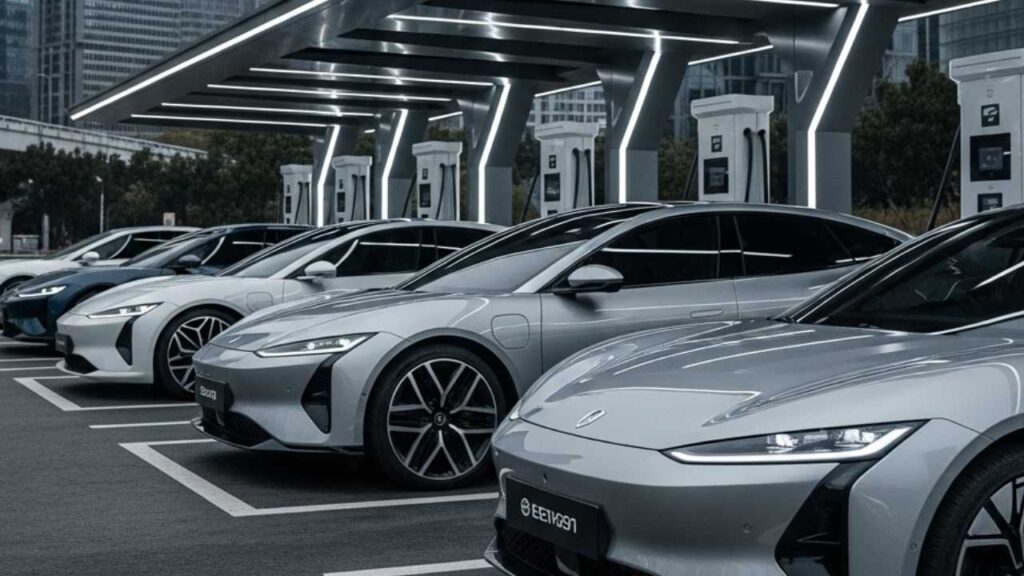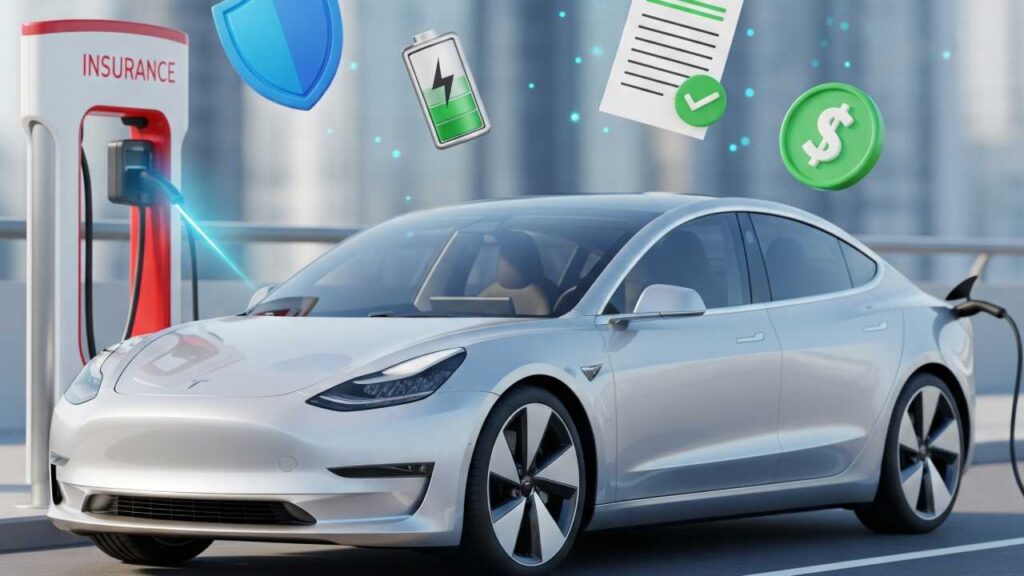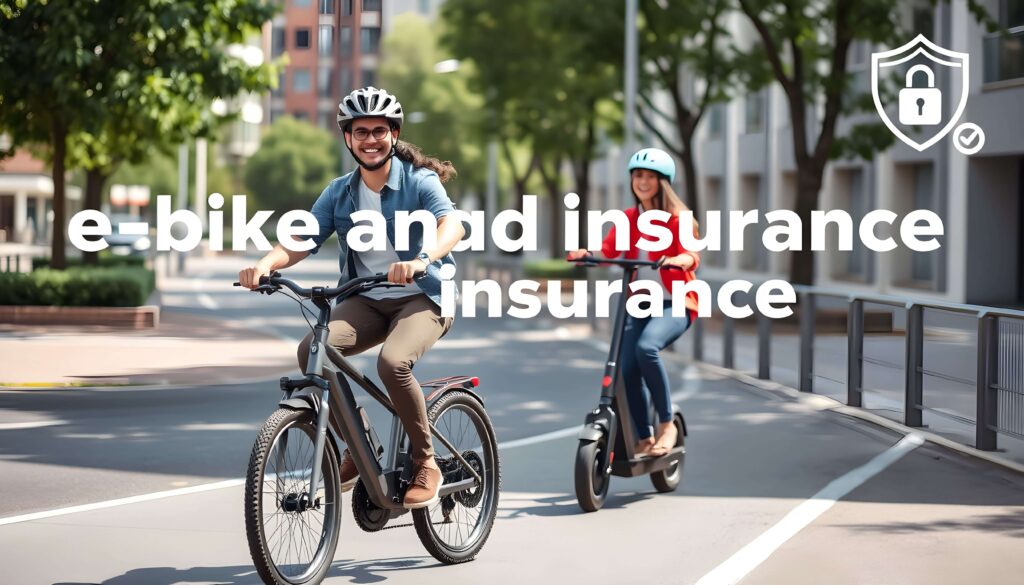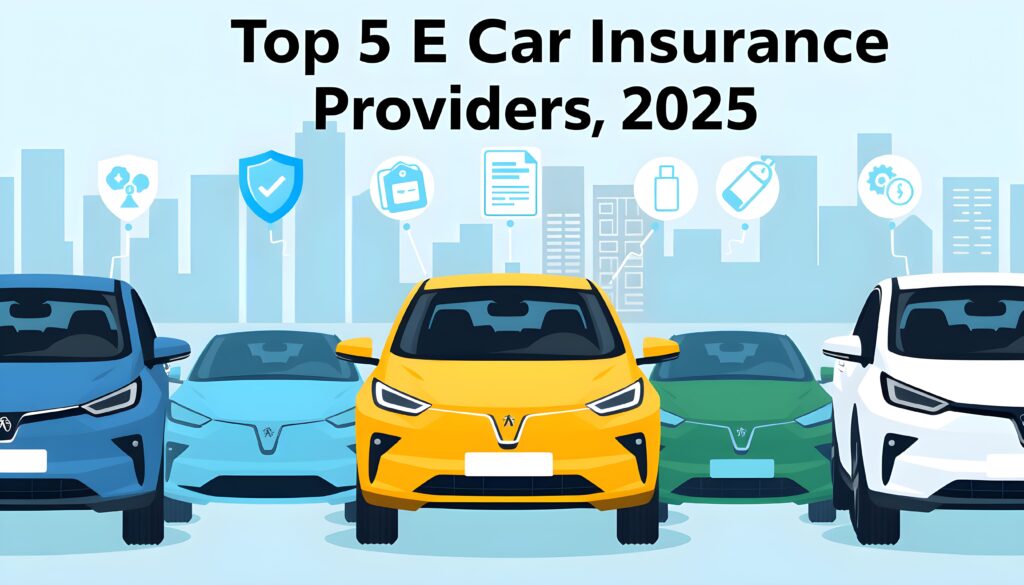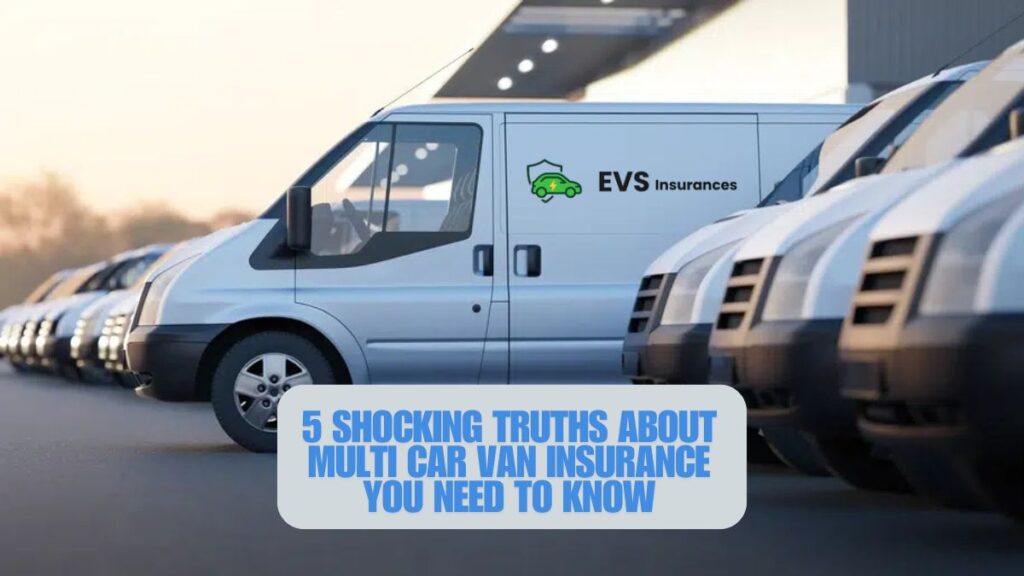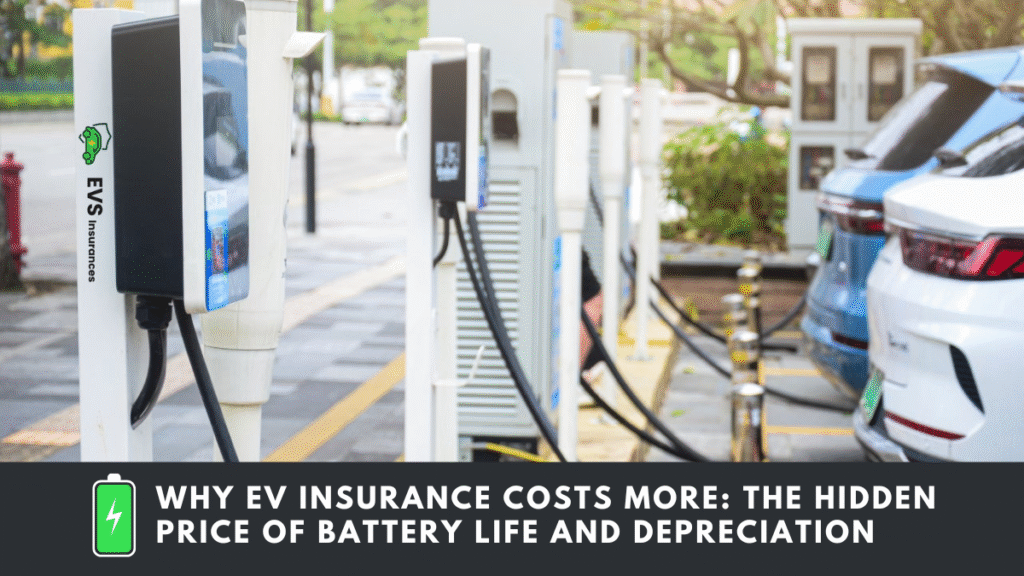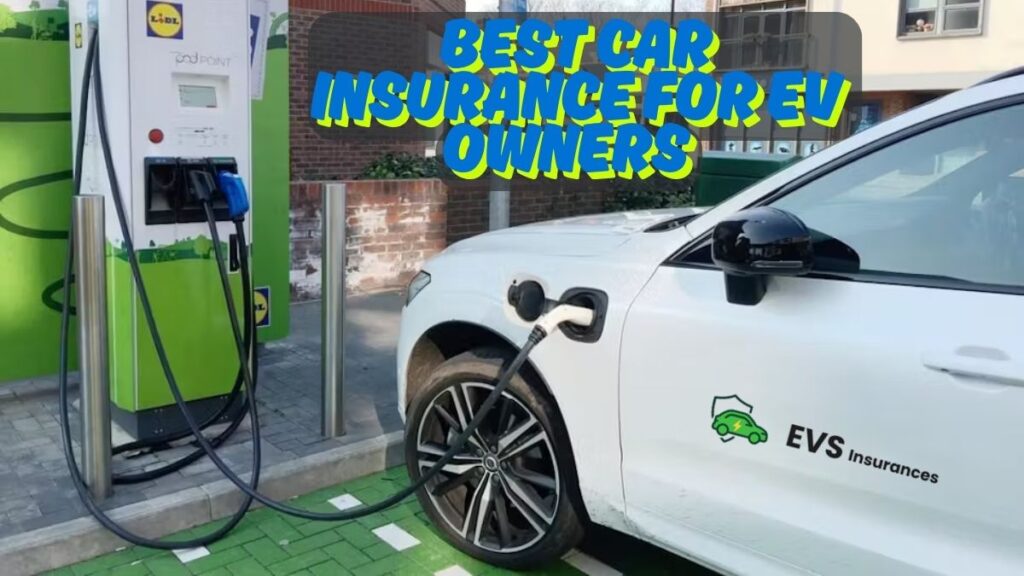
As the number of electric vehicles (EVs) on the road continues to surge—over 2 million EVs registered in the U.S. alone as of 2025—finding the best car insurance for EV owners has become a critical priority. Unlike traditional gasoline-powered cars, EVs come with unique features and risks that require specialized insurance coverage. Whether you own a Tesla Model 3, a Nissan Leaf, or a Chevrolet Bolt, securing the right insurance policy can protect your investment and provide peace of mind. In this article, we’ll explore the key factors to consider when choosing EV insurance, highlight the top providers in 2025, and share tips to help you save on premiums.
Understanding the Unique Insurance Needs of EV Owners
Why EVs Require Specialized Insurance Coverage
- Battery Coverage: The battery is the most expensive part of an EV, accounting for 30–50% of the vehicle’s total cost. Replacing a damaged battery can cost between $5,000 and $15,000.
- Charging Station Protection: Home charging stations can cost $500–$2,000 to install. Standard policies often exclude coverage.
- High Repair Costs: EV repairs are 20–30% more expensive than traditional cars due to specialized parts and labor.
- Resale Value Uncertainty: Depreciation may vary for newer EV models, which insurers consider.
Key Differences Between EV and Traditional Car Insurance
| Factor | EVs | Traditional Cars |
|---|---|---|
| Battery Coverage | Often excluded in standard policies | Not applicable |
| Repair Costs | Higher due to specialized parts | Lower, widely available parts |
| Charging Equipment | Needs additional coverage | No charging equipment involved |
| Tax Incentives | Some insurers offer discounts for EVs | Rarely applicable |
Top Factors to Consider When Choosing EV Insurance
1. Coverage for Battery and Electrical Components
Look for policies that explicitly cover battery replacement, electrical systems, and powertrain components.
Example: Tesla Insurance offers Battery and Drive Unit Coverage for up to 8 years or 120,000 miles.
2. Roadside Assistance for EVs
Make sure your policy includes towing to charging stations and EV-specific support.
3. Charging Station Coverage
Ensure coverage for home charging stations and fire liability caused by charging cables.
4. Discounts for Eco-Friendly Driving
Many insurers offer 5–10% green vehicle discounts.
Example: Geico gives a 10% discount for electric and hybrid cars.
5. Usage-Based Insurance (UBI)
If you drive fewer miles, pay-per-mile options like Metromile help reduce costs.
Best Car Insurance Companies for EV Owners in 2025
1. Tesla Insurance
Best for: Tesla owners
Features: Battery, autopilot, and charger coverage
Quote: $1,200–$1,800/year for a Tesla Model 3
2. Geico
- Best for: Budget-conscious owners
- Features: 10% discount for EVs, charger coverage
- Quote: $1,000–$1,400/year for a Nissan Leaf
3. Progressive
- Best for: Custom coverage
- Features: EV-specific add-ons, Snapshot® discounts
- Quote: $1,300–$1,700/year for a Chevrolet Bolt
4. State Farm
- Best for: Bundling policies
- Features: 5% EV discount, strong roadside support
- Quote: $1,400–$1,900/year for a Mustang Mach-E
5. Lemonade
- Best for: Tech-savvy users
- Features: AI claims processing, charger protection
- Quote: $1,100–$1,500/year for a Hyundai Kona Electric
Tips for Lowering Your EV Insurance Premiums
- Increase Your Deductible: Save 10–15% by raising deductible to $1,000.
- Use Discounts: Safe driver, multi-vehicle, and green discounts.
- Install Safety Features: Earn up to 10% off with modern safety tech.
- Compare Quotes: Use tools like Insure.com or The Zebra.
- Try Pay-Per-Mile Insurance: Great for <10,000 miles/year drivers (e.g., Milewise).
Real-World Data: EV Insurance Costs in 2025
- Average EV premium: $1,500/year
- ICE vehicle premium: $1,300/year
- Tesla Model Y: $1,800/year | F-150 Lightning: $1,600/year
- Highest premiums: California ($1,900) | Lowest: Ohio ($1,200)
Protect Your EV Investment Today
Choosing the best car insurance for EV owners requires balancing coverage, cost, and convenience. Prioritize insurers that offer battery protection, charging station coverage, and eco-friendly discounts. Always compare quotes and review policy details to ensure you’re not underinsured.
Ready to find your perfect policy?
– Use tools like Insure.com or Compare.com to get free quotes.
– Share your EV insurance experiences in the comments below!
